If you are among the fans of apple computers and Apple in general, you may have already noticed that there are some rumors about a possible transition to ARM processors. According to available information, the Californian giant should already be testing and improving its own processors, because according to the latest speculations, they could appear in one of the MacBooks, as early as next year. You will learn what advantages the transition to its own ARM processors will bring to Apple, why it decided to use them and much more information in this article.
It could be interest you
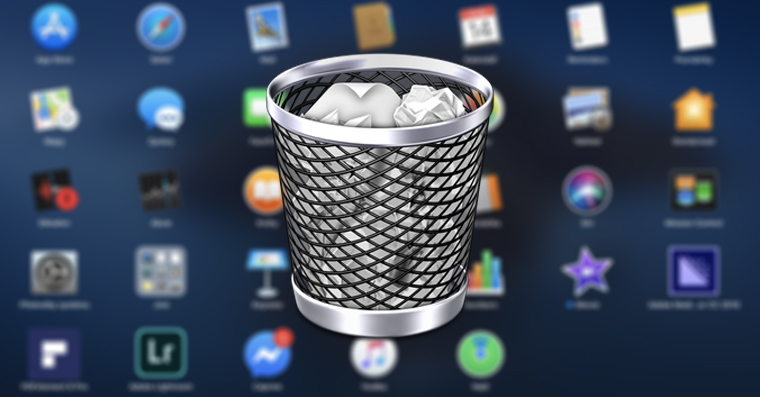
What are ARM processors?
ARM processors are processors that have low power consumption - that's why they are mainly used in mobile devices. However, thanks to development, ARM processors are now also being used in computers, i.e. in MacBooks and possibly also Macs. Classic processors (Intel, AMD) carry the designation CISC (Complex Instruction Set Architecture), while ARM processors are RISC (Reduces Instruction Set Computer). At the same time, ARM processors are more powerful in some cases, as many applications still cannot use the complex instructions of CISC processors. In addition, RISC (ARM) processors are much more modern and reliable. Compared to CISC, they are also less demanding on material consumption during production. ARM processors include, for example, the A-series processors that beat in iPhones and iPads. In the future, ARM processors should overshadow, for example, Intel, which is slowly but surely happening even today.
Why does Apple resort to producing its own processors?
You may be wondering why Apple should go for its own ARM processors and thus end cooperation with Intel. There are several reasons in this case. One of them is of course the advancement of technology and the fact that Apple wants to become an independent company in as many fields as possible. Apple is also driven to switch from Intel to ARM processors by the fact that Intel has recently lagged behind the competition (in the form of AMD), which already offers much more advanced technology and a production process that is almost twice as small. In addition, it is not unknown that Intel often does not keep up with its processor deliveries, and Apple can therefore, for example, face a shortage of manufactured units for new devices. If Apple switched to its own ARM processors, this practically could not happen, since it would determine the number of units in production and would know how far in advance it must start production. In short and simply - technological progress, independence and own control over production - these are the three main reasons why Apple is most likely to reach for ARM processors in the near future.
It could be interest you
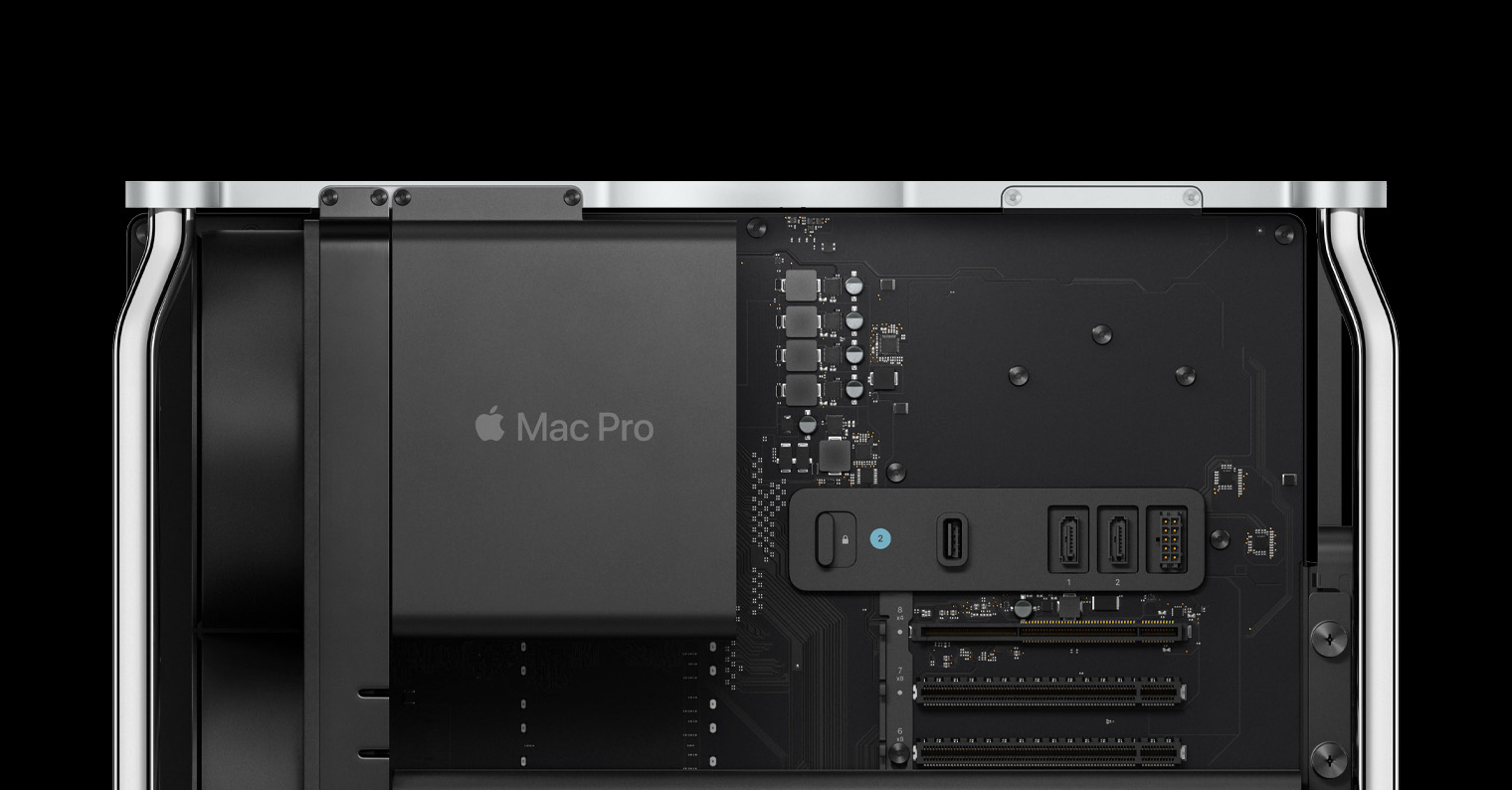
What advantages will Apple's ARM processors bring?
It should be noted that Apple already has experience with its own ARM processors in computers. You must have noticed that the latest MacBooks, iMacs and Mac Pros have special T1 or T2 processors. However, these are not the main processors, but security chips that cooperate with Touch ID, SMC controller, SSD disk and other components, for example. If Apple uses its own ARM processors in the future, we can primarily look forward to greater performance. At the same time, due to the lower demand for electrical energy, ARM processors also have a lower TDP, due to which there is no need to use a complex cooling solution. So, quite possibly, MacBooks would not have to include any active fan, making them much quieter. The price tag of the device should also drop slightly when using ARM processors.
What does this mean for users and developers?
Apple tries to make all the applications that it offers in the App Store available for all operating systems – i.e. both for iOS and iPadOS, as well as for macOS. The newly introduced Project Catalyst should also help with this. In addition, the apple company uses a special compilation, thanks to which the user in the App Store gets such an application that runs on his device without any problems. Therefore, if Apple decided, for example next year, to release MacBooks with both ARM processors and also with classic processors from Intel, there should be practically no problem for users with applications. App Story would simply identify what "hardware" your device is running on and deliver you the version of the app meant for your processor accordingly. A special compiler should take care of everything, which could convert the classic version of the application so that it could also work on ARM processors.
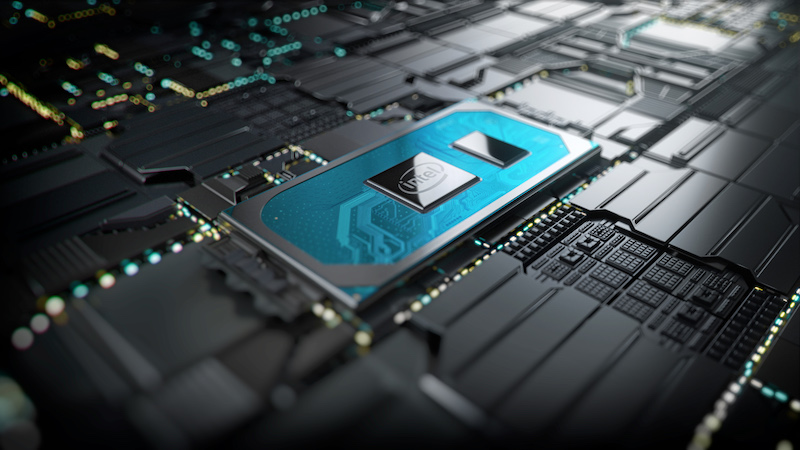
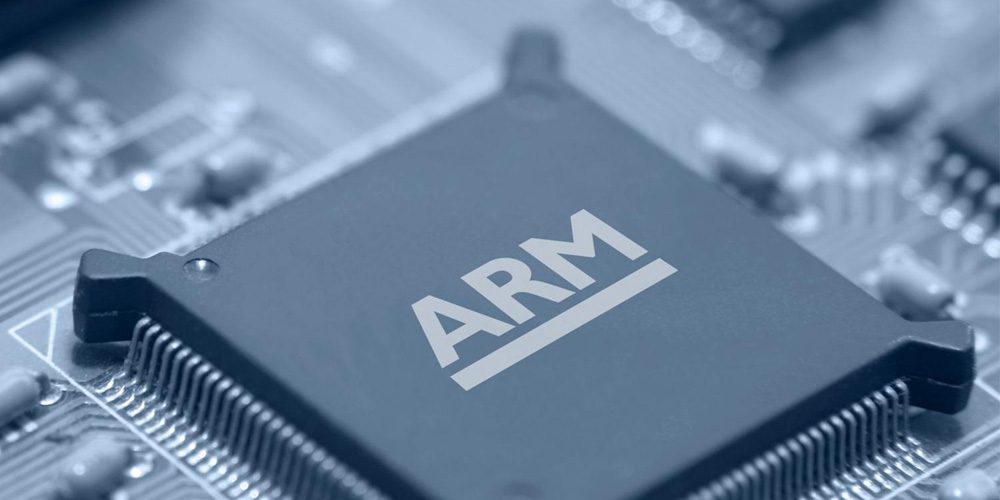
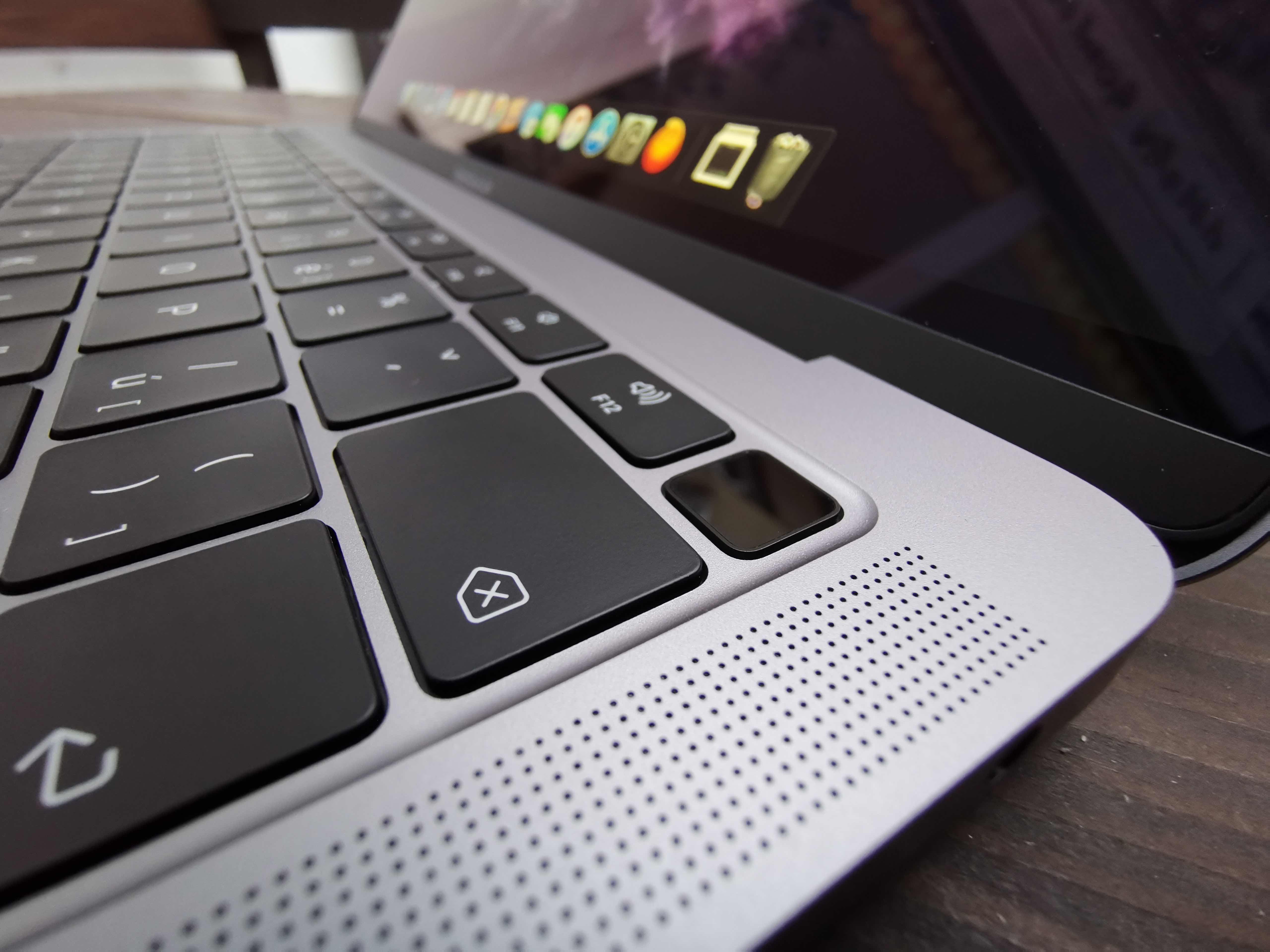
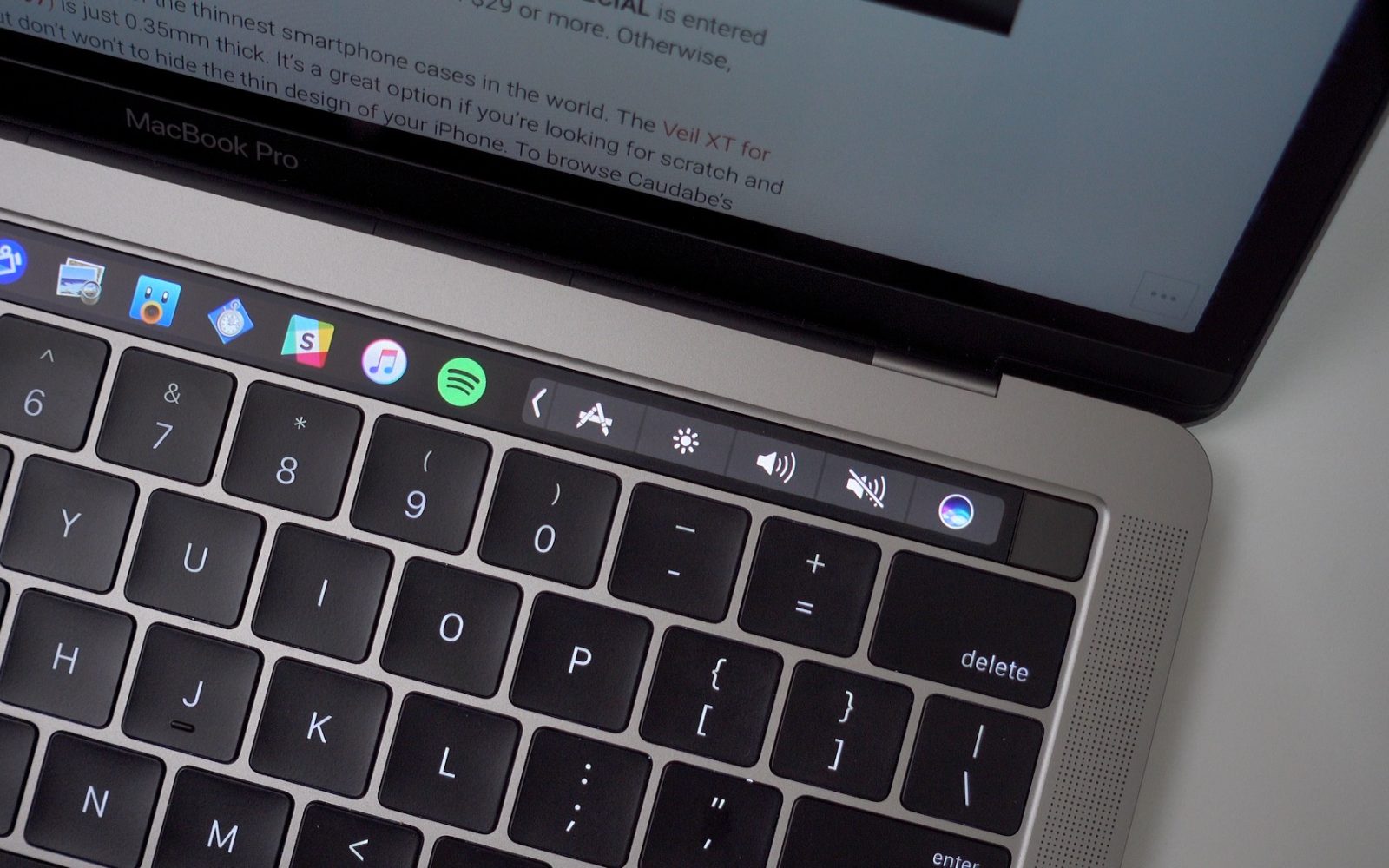
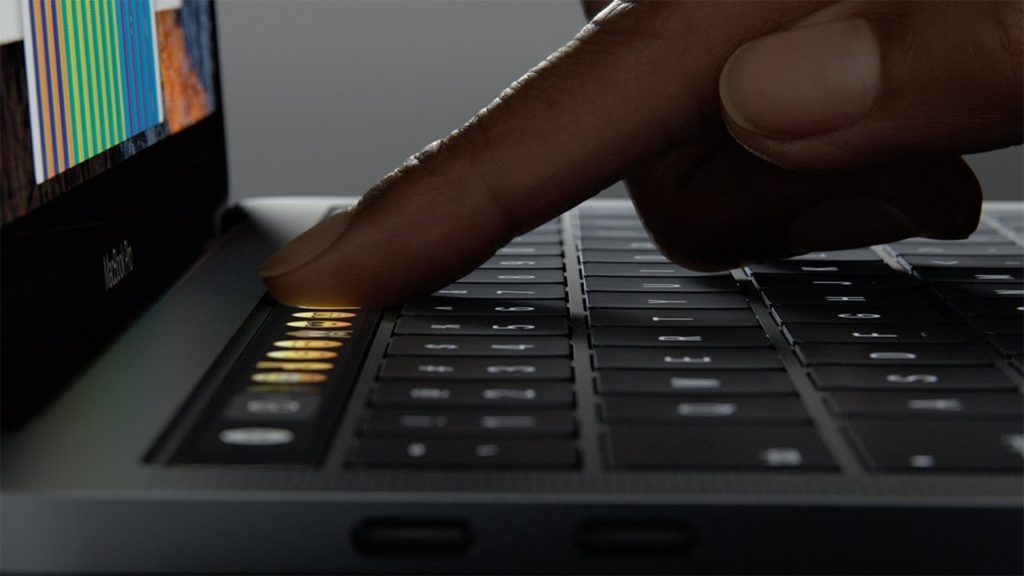
I can't imagine how Adobe will run in any compiler if it doesn't run properly even on existing processors.
In which compiler? Didn't you mean depilator?
Well, I switched to Apple sometime in 2007 and that's only because Widle started running on it after switching to Intel.
And it can end just as quickly, because unfortunately I can't do without (at least/ideally only virtual) Widlí...
Do you all think that Apple has been screwing up everything it has been trying to do for the past few years?
So you just buy an Asus, for example. Widle will go there.
Even though MS probably has Widle for ARM as well, I don't know how it is with applications. That will probably be a piece of cake.